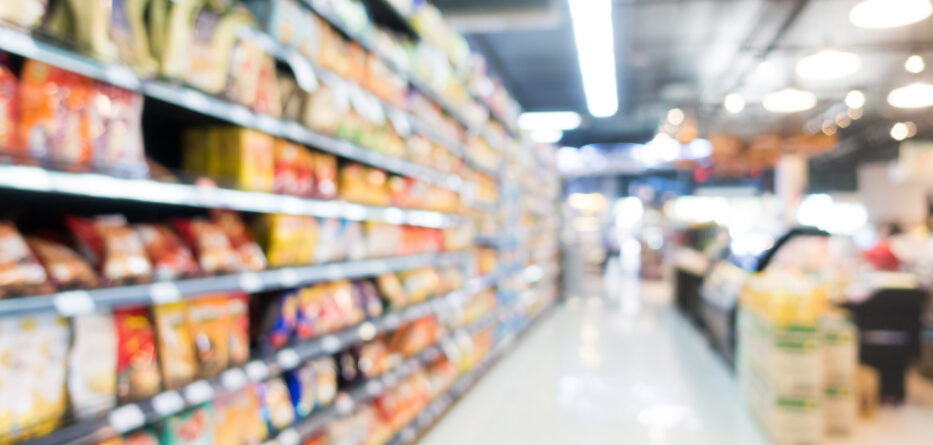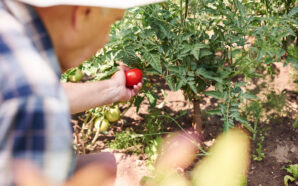At least 42 million of the country’s lowest-income people will imminently stop receiving benefits from the Supplemental Nutrition Assistance Program (SNAP) starting November 1st.
The majority of SNAP recipients are children, seniors, or people with disabilities. Eighty-six percent of all SNAP benefits go to households that include a child, a senior, or a person with a disability, according to data from the Department of Agriculture (USDA).
Approximately 37% of recipients are non-Hispanic white; 26% are African American; 16% are Hispanic; 3% are Asian; and approximately 2% are Native American.
The average monthly gross income of a household receiving SNAP is $872, and the average net income is $398. The vast majority of households receiving SNAP do not receive cash assistance.
“Senate Democrats have voted 12 times not to fund the food stamp program… In short, the well has run dry. At this time, no benefits will be paid on November 1,” the USDA announced on its website.
Although Democrats responded that the USDA has contingency reserves that could help cover November benefits, a memo obtained by Axios maintains that the USDA could not use those funds to cover regular benefits for fiscal year 2026.
“This represented an apparent departure from its September 30 shutdown plan (which has since been removed from its website), which stated: ‘It is clear that Congress intends for SNAP operations to continue, as the program has received multi-year contingency funding,’” Axios explained. The contingency fund has allowed for payments to be covered during the first month of the shutdown.
It is foreseeable that food banks sponsored by community and religious organizations will soon experience an unprecedented surge in demand from people seeking the most basic food items for their families.
The suspension of SNAP payments confirms that the U.S. government shutdown is a high-risk political exercise that, unfortunately, has profoundly real and often cruel repercussions for the most vulnerable citizens.
Republicans and Democrats must act immediately, not only to resolve the government shutdown, but also to permanently shield funding for essential nutrition and social welfare programs from partisan political infighting.
It is time to remember that behind every number in the budget is a face: a child, an elderly person, a family. Food security must be a non-negotiable priority.





